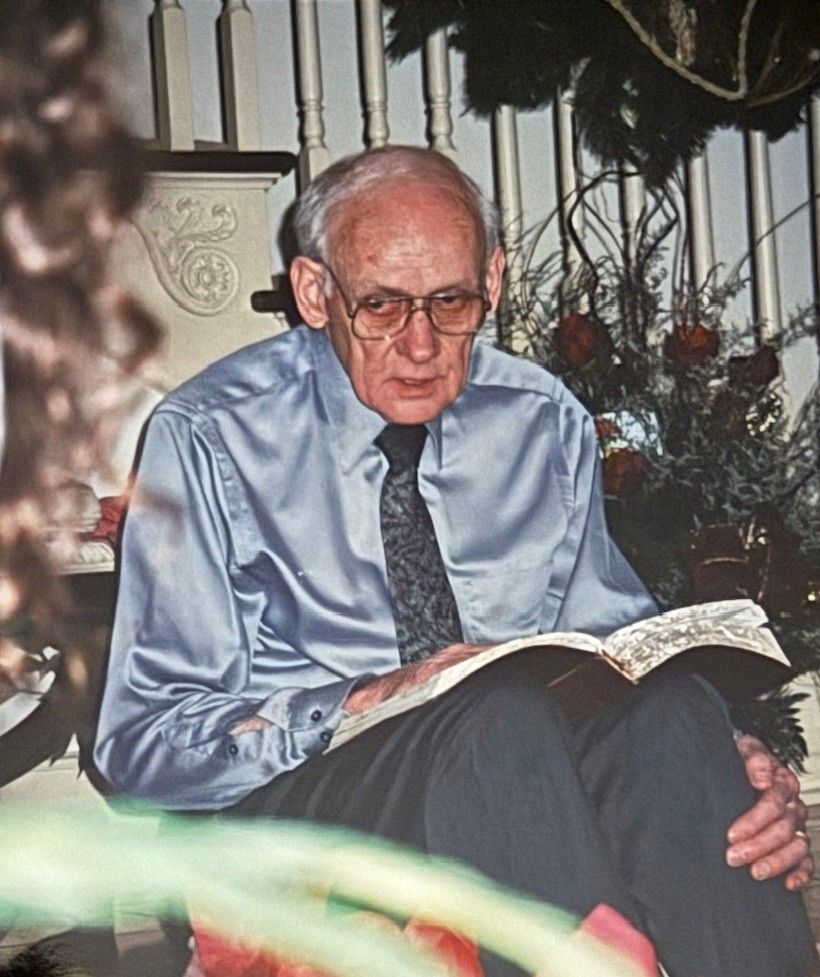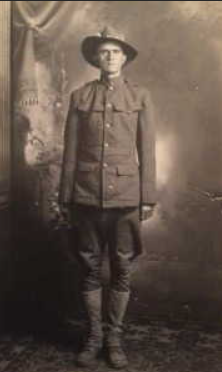It was 3:00 in the morning when my cell phone rang. Which is rarely ever a good thing. Maybe that’s why I bolted upright in the bed while simultaneously grabbing for the offending piece of technology.
My mother’s voice came across the line, begging me to come to their apartment. My father was firmly convinced his good friend Callahan was fending off 40 men who were trying to storm the funeral home. He was equally insistent that the police had to be called . . . and my mother was equally insistent that they did not.
That’s because my father was suffering from Diffuse Lewy Body Disease with dementia, an ailment that would eventually take his life and which was currently producing one fine hallucination. And my mother, rather than playing along, was determined she would convince him that what his mind was telling him—and what he absolutely believed with every fiber of his being—wasn’t true.
I told her to tell him I was on my way (which I was), that I was calling the police (which I most certainly was not), and that they should stay inside and wait for help to arrive. When I reached the apartment, I told him law enforcement was on the scene and all the troublemakers had been arrested and hauled to jail. His main concern was Callahan (to this day, I have no idea who in my father’s past was named Callahan or if he was just a figment of Dad’s over-active imagination) and whether or not he had been injured. I assured him the gentleman was unscathed and had gone to the police station to file a full report of the very early morning’s events. And he was satisfied with my story, so much so that he went to bed and quickly fell asleep. I wish I could have done the same.
That was not our first experience with Dad’s dementia, nor would it be the last; however, no matter how hard I tried, I could never make my mother understand that arguing was useless. My father’s mind was in the process of betraying him . . . telling him outrageously unbelievable lies while providing irrefutable proof it was all true. Nothing . . . absolutely nothing she could ever say would change that. On that night he could hear the chaos. He could see the intruders. He could feel the anger of the crowd . . . and his own fear. Despite the fact there was no one storming the building, in his mind the situation was desperate, and his friend was in terrible danger while trying to protect them.
As the disease ravaged his mind and then his body, I became a master storyteller—a liar, if you will—one who could ease my father’s tortured mind by explaining away the horrible situations it created. Perhaps that’s why my phone would ring at all hours of the night. It was a talent my mother never developed. She could only see what was—and was not—before her. And she couldn’t understand why my father couldn’t understand and believe her over his own eyes.
Such is the case with anyone who has been a caregiver for a person suffering with some form of dementia. You have two options: 1) try to convince them of the truth knowing all the while it won’t help, or 2) lie. As harsh as it seems, technically that’s exactly what you’re doing. But you might also view it as creative problem solving. Or honing your storytelling skills.
It is beyond difficult watching someone you love slowly fade away. Beyond difficult when you realize you will lose them not once but twice. So, please don’t spend your last years together fighting battles you can’t possibly win. Get creative instead. Stretch your imagination and learn to walk with them through their world when necessary. As someone who can speak from experience, I guarantee you, it will go a long way toward reducing your frustration and their anger—and probably produce some really good stories . . . ones that will bring a smile to your face in the days to come.
About the author: Lisa Shackelford Thomas is a fourth-generation member of a family that’s been in funeral s
ervice since 1926 and has worked with Shackelford Funeral Directors in Savannah, Tennessee for over 45 years. Any opinions expressed here are hers and hers alone and may or may not reflect the opinions of other Shackelford family members or staff.













